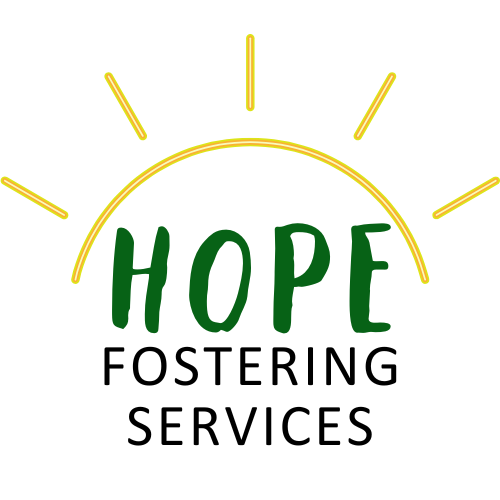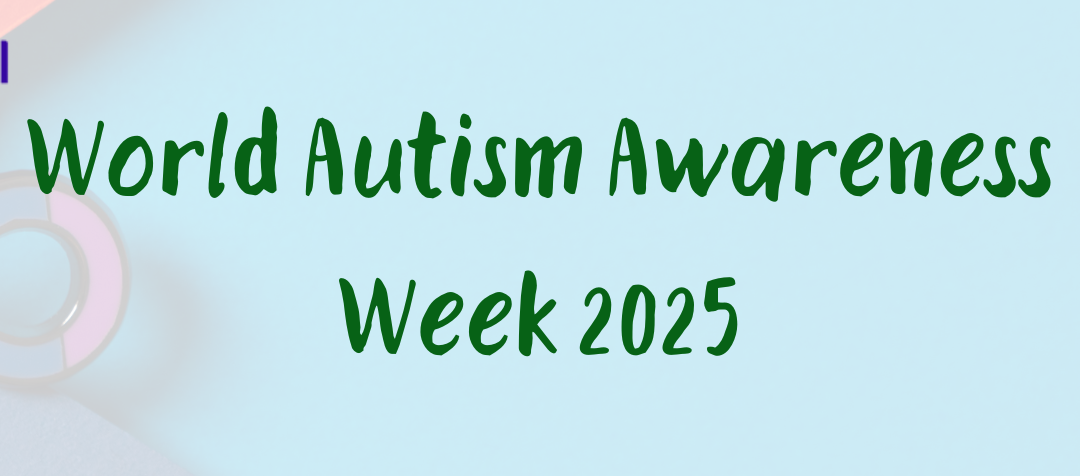Our foster parents often share that fostering autistic young people can be a deeply rewarding experience, offering the opportunity to support and nurture individuals with unique perspectives and abilities. As an independent fostering agency, we understand the importance of providing tailored care and support to meet the diverse needs of autistic children and young people. In this blog post, we will explore key facts and figures about autism, discuss the benefits and challenges of fostering autistic young people, and highlight the significance of World Autism Awareness Month.
‘Autism influences how people experience and interact with the world. It is a lifelong neurodivergence and disability’ (National Autistic Society). It is not a disease or an illness.
Signs of autism in children may include:
- finding it hard to communicate and interact with other people
- finding it hard to understand how other people think or feel
- find things like bright lights or loud noises overwhelming, stressful or uncomfortable
- get anxious or upset about unfamiliar situations and social events
- take longer to understand information
- do or think the same things over and over (NHS, March 2025)
Fostering a young person with autism brings unique challenges and benefits. At Hope Fostering, we provide personalised and additional support for foster families looking after a child with a disability or medical need.
Benefits might include:
- Unique perspectives: Autistic individuals often have unique ways of seeing the world, which can enrich the lives of those around them. Their strengths in areas such as attention to detail and creativity can be inspiring.
- Greater rewards: Foster parents can experience huge personal growth and satisfaction by learning to understand and support the needs of autistic children. Our foster parents feel very proud when they can see the positive difference they are making.
- Positive Impact: Providing a stable and supportive environment can significantly improve the quality of life for autistic young people, helping them develop essential life skills and build meaningful relationships.
Challenges might include:
- Communication Difficulties: Autistic children may have difficulty expressing their needs and emotions, which can lead to frustration and misunderstandings. Foster parents need to develop effective communication strategies and be patient. Hope Fostering Services can support this.
- Sensory Issues: Many autistic individuals have heightened sensory sensitivities, which can affect their daily routines and interactions. Understanding the young person’s needs and developing a sensory-friendly environment and routine is crucial for their comfort and well-being.
- Behavioral Challenges: Repetitive behaviors and resistance to change are common among autistic individuals. Foster parents must be prepared to manage these behaviors with understanding and consistency. Hope Fostering supports this by providing specific training for foster parents.
- Time: The young person may need to attend additional appointments – educational and medical. Foster parents will need to be able to advocate for them as well as navigate additional paperwork and a busier diary!
Fostering young people with autism:
World Autism Acceptance Week, held from March 24-30, 2025, is an opportunity to raise awareness about autism in children and adults. We are supporting this and using it to help us highlight the need for more foster families, in particular, those that are willing to look after children with disabilities.
The Fostering Network suggests that approximately 40% of children waiting for a new permanent family have a disability or special need and a large proportion of these are autistic or have learning difficulties. By fostering autistic young people, we can make a positive impact on their lives and contribute to a more inclusive society.
Has this inspired you to find out more about foster care? Would you like to have an informal chat with us? Contact us today!

